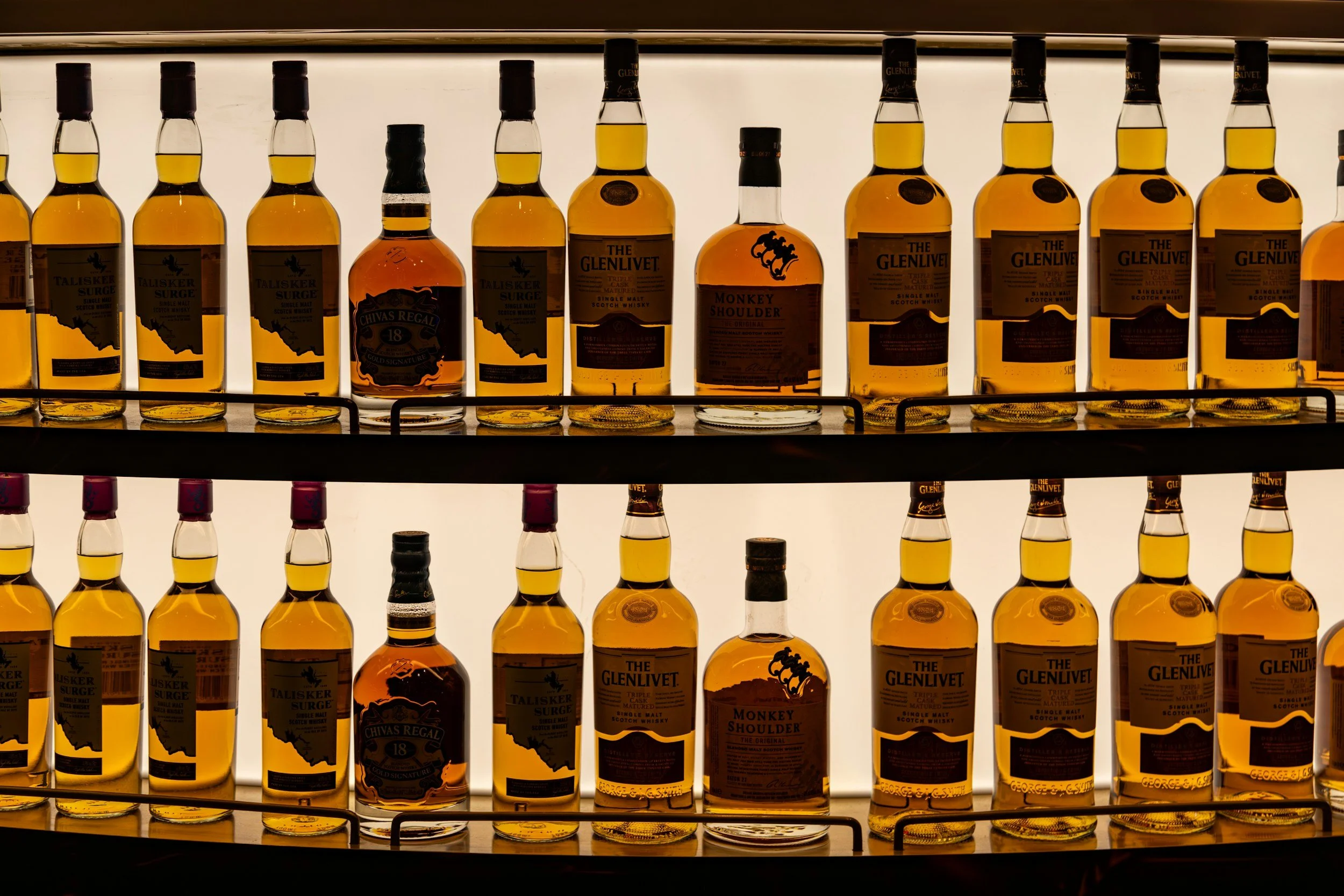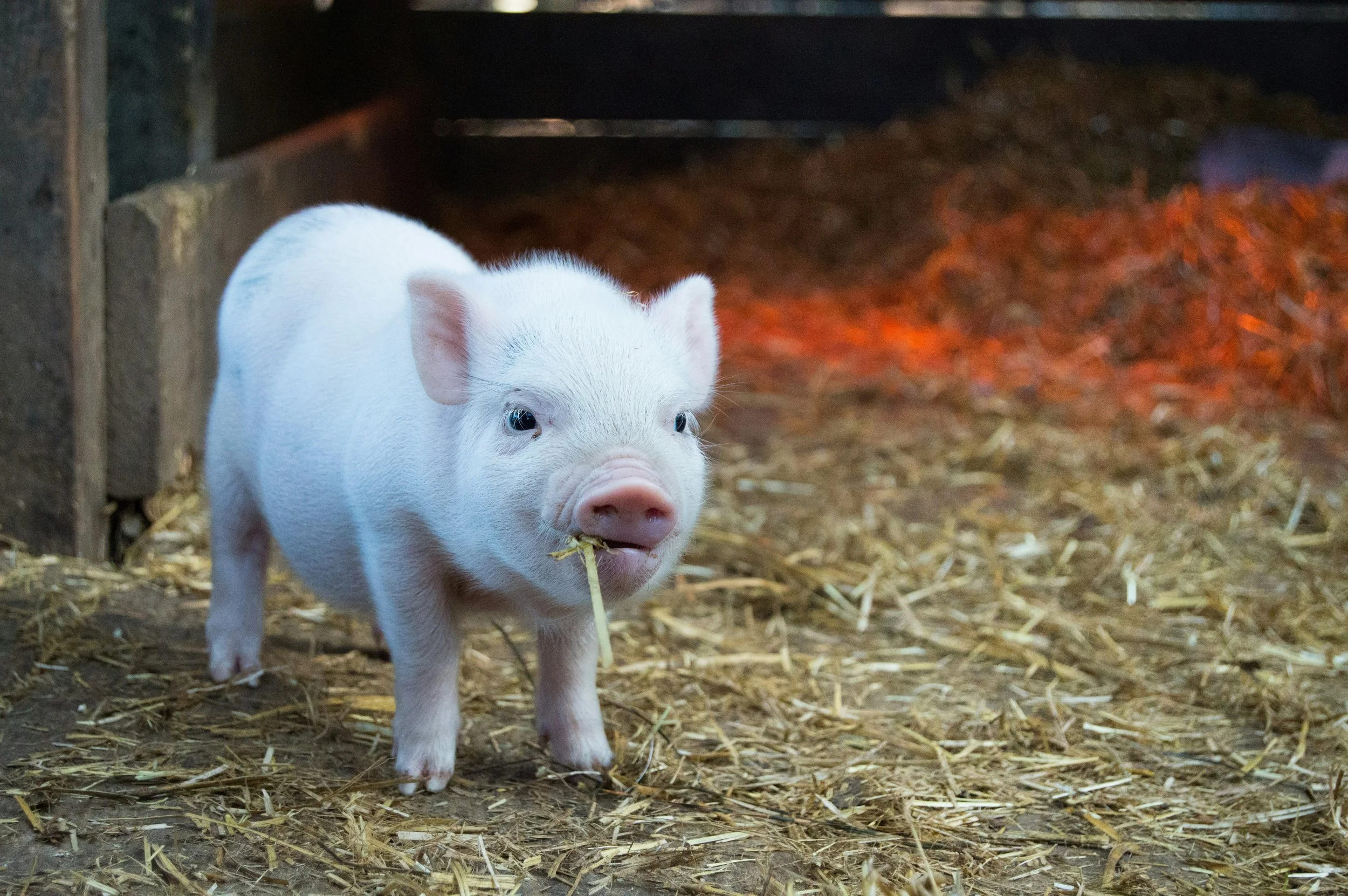The very next day after ‘Runhappy,’ owned by Gallery Racing Stables LLC, won the TwinSpires Breeders' Cup Sprint, the trainer he had been conditioning under was relieved of her duties. Maria Borell, a Syracuse, N.Y. native, was hired by James McIngvale (founder of Gallery Racing Stables LLC) as Runhappy’s trainer and led him to victories in every race under her care. Feeling slighted by the McIngvale family, Borell turned to the law.
Cheater, Cheater: Thoroughbred-Racing Regulations Walking the Fine Line Between Therapy and Doping
Navajo Nation Sues EPA over Pollution from Navajo Generating Station
On October 28, various Navajo Environmental Groups filed suit in federal court against the Environmental Protection Agency (EPA), claiming the EPA passed a rule that exempted the Navajo Generating Plant from emission requirements. In the complaint the To’ Nizhoni Ani, Black Mesa Water Coalition, and Diné Citizens Against Ruining Our Environment claim that the EPA bypassed its own emissions standards in a plan it approved for the Navajo Generating Station located on the tribes reservation.
EPA Faces Congressional Opposition: U.S. Senate Votes to Prevent Implementation of Clean Water Rule
Hemp, Hemp, Hooray! Hemp Supporters Praise McConnell for His Success in Permitting Interstate Transportation of Hemp Through the 2016 Farm Bill
On July 16, 2015, by a 28-2 vote, the United States Senate Appropriations Committee approved the Agriculture, Rural, Development, Food and Drug Administration, and Related Agencies Appropriation Bill (S.1800) for fiscal year 2016. This bill, commonly referred to as the Federal Farm Bill, supports agriculture cooperative conservation and rural community programs implemented by the United States Department of Agriculture (USDA). Through these programs, the USDA promotes and financially supports essential nutritional needs for the elderly and for children and their families, as well as food and drug safety.
“Handmade” or “Made by Hand:” Distilling the Legal Difference
The total number of bourbon barrels in the state of Kentucky surpassed 5.6 million in 2014 making the bourbon population much larger than the human population (4.4 million) of the Bluegrass State. A number of those barrels will eventually be bottled as one of the most iconic and recognizable bourbons produced in Kentucky – Maker’s Mark. Distilled in Loretto, Kentucky, Marker’s Mark credits its unique product to the four fundamental elements of water, wheat, wood, and wax.
Power Up! The Proposal of Power+ Plan to Bring Jobs Back to Coal Regions in Kentucky
President Barack Obama’s proposed 2016 fiscal budget comes with some exciting news for the coal miners of Kentucky. In the budget is a proposed plan that includes a $1 billion fund to be distributed over a period of roughly five years to “redevelop abandoned coal mines" in about ten states, including Kentucky. This new proposal is called the “Power+ Plan. “Power” stands for Partnerships for Opportunity and Workforce and Economic Revitalization.
Branching Out: What Can Kentucky Lawmakers Do To Help Landowners Utilize Current Timber Theft Laws?
Kentucky is a region of almost 26 million acres of land, and of that land a little less than half is covered in woodlands owned by roughly 467,000 private landowners. That is a vast amount of land to look after, and almost too much for anyone to monitor completely. Today, woodland property owners face the problem of unauthorized property entry and unapproved timber cutting on their land.
It’s a Trap! Venus Flytrap Poaching Laws
The Venus flytrap is a carnivorous plant species that was first discovered by a colonial governor of North Carolina in the 1700s. Since its discovery, people have been enthralled by the plant’s worldly beauty and strange feeding habits. Charles Darwin thought it was one of the world’s most magnificent plants. However, in recent years poachers have become the flytrap’s newest admirer.














